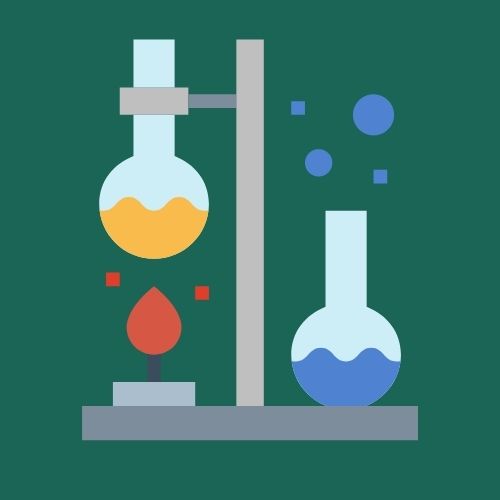Finding KS3 Biology hard? Are there some topics you just can’t get your head around? Do you know and use all the relevant science keywords for each topic?
Here we share three simple ways to help enhance your understanding of each Biology topic in KS3.
🧬 Learning definitions of Keywords
There are many keywords linked to KS3 Biology and many are essential to help you understand the topic. Keywords such as Photosynthesis and Respiration will not only be part of your learning at KS3, these topics are covered in more detail when you reach KS4 and are studying for your GCSEs. When a new science keyword is introduced in a lesson your teacher will often tell you how important it is, make sure you understand what that word means and also try to include it in your work throughout the rest of that topic. This way your teacher will be able to see if you are using it in the correct context and whether you need any further explanation. If you haven’t been asked to write a definition down during the lesson, it is a good practice to start doing this during your homework. Keeping a glossary of terms for each topic will help you to familiarise yourself with them.
🦠 Interpreting Diagrams
All three sciences require diagrams to help support the learning and understanding of topics. In Biology, these could be diagrams showing different methods of transport across cell membranes, such as Diffusion, diagrams of different types of cells or graphs showing the menstrual cycle or lung volume (a Spirograph). It is essential that with any of these diagrams you can recognise them, you can label them and explain what they show. You may be asked to compare two diagrams, e.g. two types of cell and identify what is missing and why. This will test your understanding of cells and how they specialise for a specific function.
👩🏻🔬 Listen and Ask
It is essential you listen, not only to the main part of the lesson when the teacher is talking but to your peers as well. Engage in the conversations with them and question them if you are unsure about what you have just been taught. One science concept that may be confusing for you may be easy for them and they may be able to explain it in a different way to how the teacher did.
Also, remember your teacher is one of the greatest resources you have – make use of them. Their job is to teach and help young, enquiring minds to learn, grow and develop. Your teacher will always have another way of explaining the same idea and they are used to people not understanding it all the first time, so don’t be afraid to ask!
Remembering these three tips will help you to understand the difficult topics and will also help you get top marks in any homework set!
KEEP UP TO DATE - DON'T MISS OUT!
Our regular newsletters are filled with helpful and interesting information to help you with your Science at school

